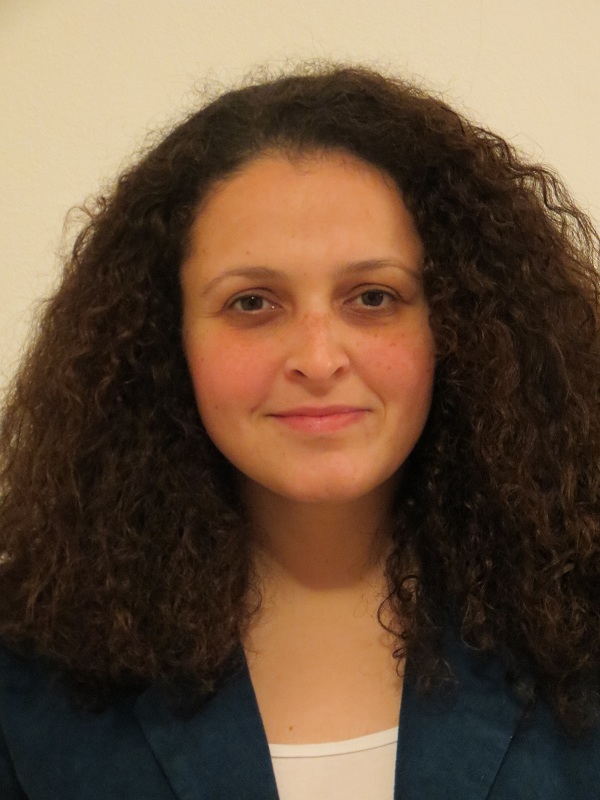
(Photo Handout from Al-Tanweer Facebook page)
Censorship authorities have confiscated three books published by Al-Tanweer Publishing, which were part of a delivery of books entering Egypt on Saturday. The confiscated books include “Introduction to Semiotics” by the Egyptian academic writer Nasr Hamed Abu Zayd, “Al-Mabrouma” by Lebanese novelist Rabei Gaber and the French philosopher Alain Badiou’s “In Praise of Love”.
The confiscation is one of the “extreme violations to human rights and freedoms” which occurred on Saturday, according to a statement by the Arab Network for Human Rights Information (ANHRI). All the other books shipped from Beirut were allowed into the country.
Al-Tanweer prints its books in Beirut, Lebanon, for reasons that are related to printing quality and costs, according to a statement issued by the publishers.
The publishers were informed by their shipping company that the books were confiscated by censorship authorities, said Sherif Joseph Rizk, manager of Al-Tanweer publishing. The books will be confiscated for a week before a final decision will be made on whether they will be allowed into the country.
“We received the books after we signed an agreement to not distribute them,” he said.
“They might have been a bit sceptical about the titles so they decided to confiscate the books and check them,” said Rizk, “there is no meaning for this decision”.
“Al-Mabrouma” is already available in Egypt as a longer version, he said.
“The whole thing is absurd,” said Rizk. “I, personally, am against any form of censorship, except in limited cases that are related to national security.”
Al-Tanweer has shipped books from Beirut to Egypt over the past two years with no previous problems, he said. Other publishers, however, have experienced problems with censorship authorities.
“I am not the first one,” said Rizk, “and I’m not going to be the last”.
Al-Tanweer plans on holding an advocacy campaign if the books are banned, he said.
There are no declared reasons for the confiscation decision, said Lamia Mahmoud, director of research unit at ANHRI, “there is no case that our legal unit can work on”.
The censorship of books constrains opinion and expression, she added.
“There shouldn’t be any censorship on books,” said Mahmoud, “this system should have been cancelled a long time ago.”
“Introduction to Semiotics,” which includes a series of academic articles about semiotics – the science of meaning-making by using signs in writing – was first published in 1986 in Egypt. However, there aren’t many books by Abu Zayd in Egypt, said Mahmoud.
Abu Zayd’s writing on Islam has created several controversies. In 1993, a court ruling declared Abu Zayd “an apostate”, and demanded his divorce from his wife, based on an Islamic rule stating that a Muslim woman cannot be married to an apostate. The Egyptian Islamic Jihad organisation stated that he should be killed for abandoning the Muslim faith—Abu Zayd subsequently left Egypt. Many of his books, such as “Discourse and Hermeneutics” and “Circles of Fear: Reading the Discourse about Women,” were banned in Egypt and by some other Arab countries.
Many other books have been banned by Egyptian authorities.
In 2011, copies of “Hurghada,” a novel by Raafat Al-Meihy, and “The Prophet” by Khalil Gibran were confiscated on their way back from a book fair in Abu Dhabi. Al-Bostany Publishing, the books’ publisher, was informed that “Hurghada” was banned in 2009 for containing “obscene phrases”. However, the book was already being circulated in Egypt, according to Fadwa Al-Bostany, CEO of Al-Bostany Publishing.
In 1959, the Nobel Prize-winning Egyptian novelist Naguib Mahfouz began publishing parts of his novel “Awlad Haretna” (Children of our Alley) in the state-owned newspaper Al-Ahram. Mahfouz’s novel was banned after being highly criticised by Al-Azhar scholars, who pressured then president Gamal Abd El-Nasser not to publish the novel “without Al-Azhar’s consent”.



